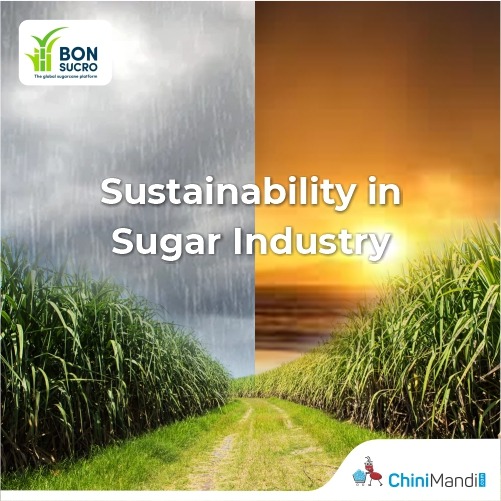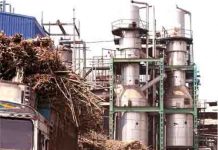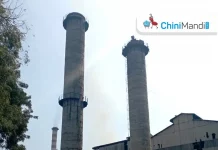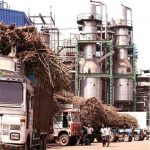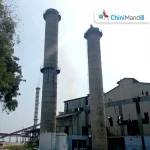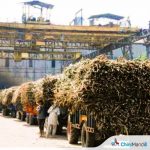At the end of the hottest year in human history, climate change is high on the agenda for every sector – and sugarcane is no exception. Sugar buyers around the world are setting targets to reduce their greenhouse gas emissions in line with what scientists say is necessary to avoid the worst impacts of climate change. Increasingly, companies are also seeking to address the climate footprint of their agricultural supply chains and to work with suppliers to reduce emissions associated with farming and land use.
To support this process, Bonsucro – the global sustainability platform for the sugarcane sector – has developed a unique new tool called ClimateCane Tracker. The tool is designed to enable farms and mills to set a target and a clear pathway for reducing emissions from sugarcane production aligned with what’s needed to maintain a stable climate.
As one of the world’s leading sugarcane producers, India is a priority country for Bonsucro. In September, we were delighted to sign a memorandum of understanding with the Indian Sugar Mills Association to accelerate sustainability practices within the industry – and climate impacts will be an important area of focus.
India is consistently ranked among the countries facing the greatest risks from climate change. Already the country is experiencing more periods of extreme heat and longer droughts, while monsoon rains are becoming heavier and more erratic. These trends are set to intensify, with huge economic and social costs.
This poses a significant threat to the sugarcane sector. Increased temperatures and changing rainfall patterns have a direct effect on the growth and productivity of sugarcane plants. Rising temperatures can lead to heat stress and impair growth and sucrose storage. In addition, extreme heat poses a growing risk to the health and welfare of smallholders and farm workers.
With ClimateCane Tracker, Bonsucro is supporting sugarcane growers and millers everywhere to play their part in mitigating the worst effects of climate change. The tool enables users to assess their current level of greenhouse gas emissions, then calculates medium and long-term targets and year-on-year reduction rates that are consistent with the globally agreed goal of limiting the average temperature rise to 1.5°C. The data-driven model is tailored to the needs of each user, taking account of regional yield levels and overall industry forecasts as well the growth plans of individual companies.
ClimateCane Tracker accounts for all emissions up to the farm gate. These fall into two categories: land-use change emissions (such as the impact of converting forested land to farmland) and land management emissions. The latter includes on-farm energy use for machinery and irrigation, emissions from sugarcane burning, and the application of fertilisers and other agrochemicals, as well the emissions associated with producing and transporting these products.
Recognising that sugarcane farming has the potential to bring positive climate benefits, the tool can also account for carbon removals. For example, users can set targets for increasing the level of carbon stored in soils, or through emerging technologies such as biochar (a type of carbon-rich charcoal that can be added to soil, locking up carbon while improving soil condition).
Launched in November 2023, ClimateCane Tracker is already being used in 17 countries as sugarcane producers seek to demonstrate their sustainability credentials and make a meaningful contribution to combating climate change. The tool is available exclusively for Bonsucro members – and we are here to support our members and the wider sector to reach their targets.
We hope more Indian producers will be inspired to join Bonsucro and work towards our sustainable production standard. Currently, 35 Indian organisations are members of Bonsucro, ranging from leading producers such as EID Parry and DCM Sriram to individual farmers. We also have close relationships with buyer members in India such as PepsiCo, Bacardi and Unilever.
On average, Bonsucro-certified mills and farms reduce their CO2 emissions per kilo of sugar by 17% within five years. Businesses that follow the Bonsucro Production Standard also increase efficiency, reduce water use and enjoy better market viability, as well as creating a safe work environment.
To find out more about the ClimateCane Tracker, please visit climatecanetracker.com. You can discover more about Bonsucro and how we are working to tackle climate change and other sustainability challenges at bonsucro.com.
Livia Ignacio is climate lead at Bonsucro

